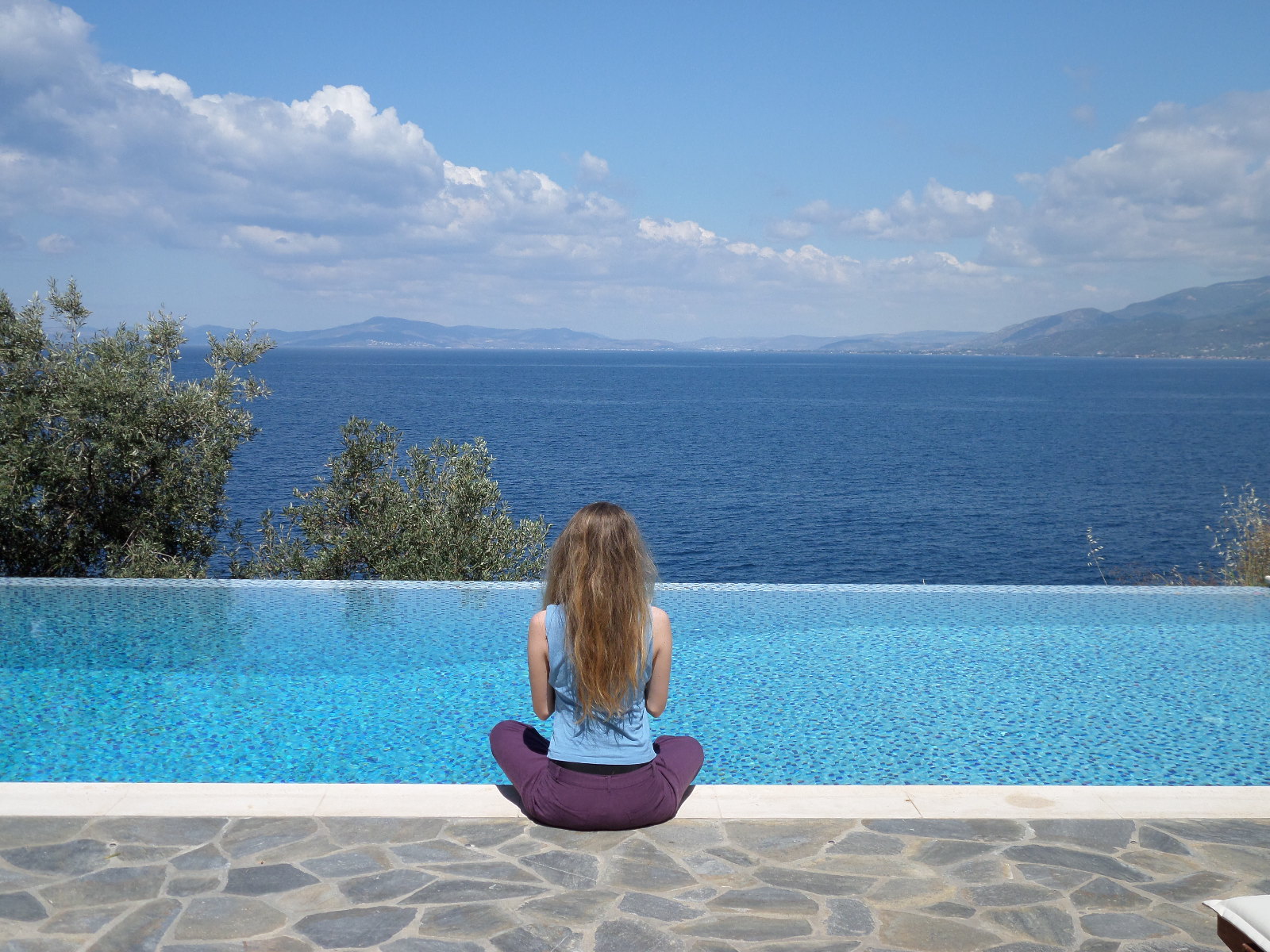When life feels overwhelming and the body demands a pause, many people are turning towards new ways to restore balance. Health retreat holidays are gaining attention as an effective way to slow down, reconnect with yourself, and return feeling healthier and more energised. Unlike traditional holidays that may leave you tired from sightseeing or late nights, these retreats are designed to recharge you from within.
Why Choose a Health Retreat Holiday?
Modern lifestyles often prioritise productivity over rest, which leaves little time for the body and mind to recover. A retreat offers a different pace, where wellbeing becomes the central focus. Set in calming surroundings, often close to nature, such retreats are designed to help you leave behind the stress of daily routines.
Participants find that the combination of restful sleep, nourishing food, and carefully structured activities allows them to feel renewed. It is not about indulgence but about balance—giving yourself the space to rest and the tools to carry healthy habits home.
The Role of Nature and Environment
One of the biggest advantages of choosing a health retreat is the setting. Many retreats are located in peaceful natural surroundings such as forests, coastal regions, or mountain valleys. Being outdoors in fresh air reduces stress levels, lowers blood pressure, and improves sleep quality.
Sleeping in quieter environments also improves rest, while gentle walks or mindful breathing in nature help the body reset. This connection to the natural world is often missing in daily city life, yet it plays a vital role in long-term wellbeing.
Mindfulness and Mental Health Benefits
Stress and anxiety are common challenges today, and health retreats often place mindfulness at the core of their programmes. Guided meditation, yoga, or breathing practices are included to calm the mind and reduce mental strain.
These activities are not only beneficial during the retreat but can also be carried into everyday life. Simple mindfulness techniques help improve focus, emotional balance, and resilience against stress. Many people leave retreats with a clearer outlook and tools to manage challenges more calmly.
Nutrition and the Power of Healthy Eating
Food is a central element of most health retreat holidays. Meals are designed to be both nourishing and balanced, often using fresh, local ingredients. Instead of processed foods or heavy meals, retreats encourage lighter, more wholesome options that support digestion and energy levels.
Learning about nutrition in such a setting also helps participants make healthier choices when they return home. This shift in eating patterns often continues long after the holiday ends, creating lasting improvements in lifestyle.
Physical Movement for Recovery
Health retreats promote gentle movement rather than strenuous exercise. Yoga, stretching sessions, guided nature walks, or swimming may be part of the daily routine. These activities are aimed at restoring mobility, improving posture, and releasing built-up tension in the muscles.
Unlike fitness bootcamps, the goal here is not extreme training but sustainable, restorative activity that supports recovery and boosts long-term health. Such mindful movement also helps improve circulation, flexibility, and energy levels.
Sleep and Rest as Core Principles
One of the most overlooked aspects of wellbeing is quality sleep. Retreat holidays put a strong focus on ensuring proper rest. Reduced screen time, quiet surroundings, and a focus on routine all contribute to better sleep quality.
Deep rest allows the body to repair itself, strengthens the immune system, and improves mood. Many people discover that uninterrupted, natural sleep at a retreat becomes one of the most transformative parts of their experience.
Lasting Impact Beyond the Retreat
The true value of health retreat holidays lies in the changes that continue long after the trip ends. The knowledge of mindful living, balanced nutrition, and stress management can be applied daily. Small lifestyle adjustments, such as prioritising sleep, adding short breathing exercises, or eating more consciously, bring lasting improvements in health and wellbeing.
People often describe feeling more grounded, energised, and focused in their daily lives after returning. The retreat becomes not just a holiday but a reset that influences long-term health choices.
Conclusion
Health retreat holidays are not about escape but about realignment. They provide an environment where rest, recovery, and wellbeing take priority, giving the body and mind time to heal and reset. Surrounded by nature, supported by mindfulness, and strengthened by balanced nutrition, participants return home with more than just memories. They return with tools and habits that continue to improve life long after the holiday is over.



